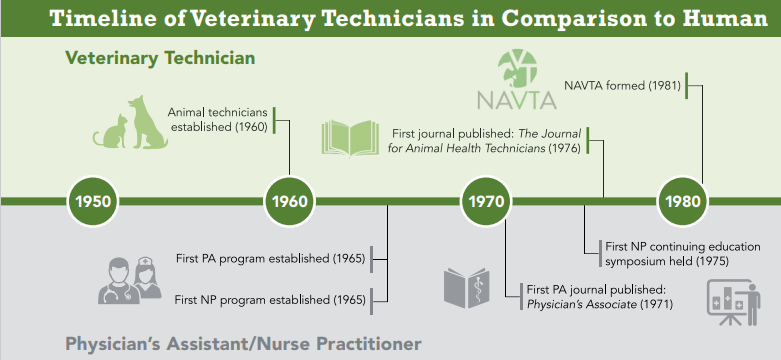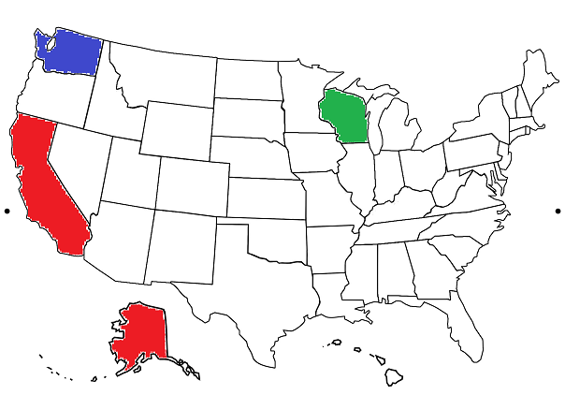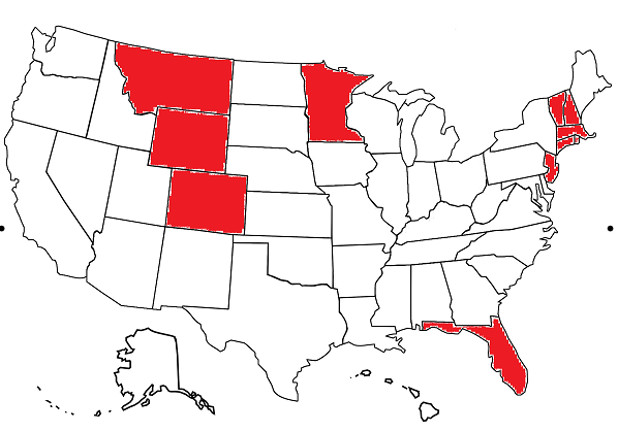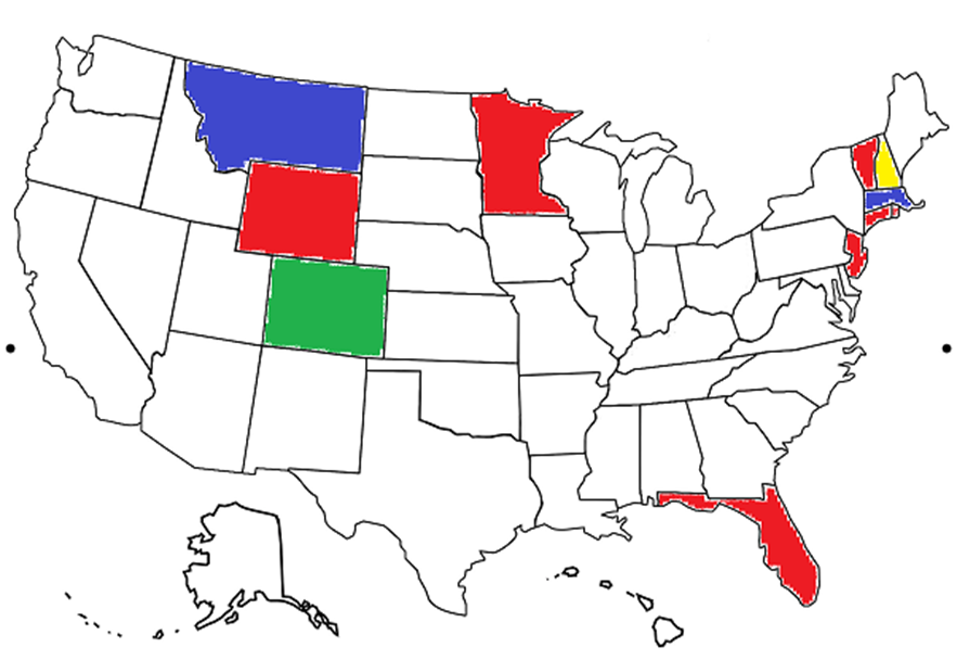A History of LicensureTo understand why RIVTA is seeking to open the Veterinary Practice Act in RI, here is a little perspective on the history of licensure of nurses contrasted with the history of licensure in veterinary medicine. When asked why licensure is encouraged for nurses in the human medical profession, the National Council of State Boards of Nursing (NCSBN) stated; “A license issued by a governmental entity provides assurance to the public that the nurse has met predetermined standards. The purpose of a professional license is to protect the public from harm by setting minimal qualifications and competencies for safe entry-level practitioners. Nursing is regulated because it is one of the health professions that poses a risk of harm to the public if practiced by someone unprepared or incompetent. The general public may not have sufficient information and experience to identify an unqualified health care provider and is vulnerable to unsafe and incompetent practitioners. A license issued by a governmental entity (e.g., the state board of nursing [BON]) provides assurance to the public that the nurse has met predetermined standards.”
A History of Nursing1903- Human nursing profession passed the first voluntary licensure for nurses. No title or job protection existed at this time. 1935- First mandate for licensure for nurses passed. Not adopted until 1947 because of World War II. 1963- Nursing industry had a mixture of licensed nurses who underwent formal training and licensed nurses who were grandfathered in through on-the-job training. Study conducted by the Surgeon General showed that alternate route nurses lacked the minimal education requirements needed to perform the job compared with those who trained in a university. 1964- Establishment of the Nurse Training Act to ensure that all nurses have met the minimum requirements to perform their duties as a licensed nurse.
A History of Veterinary Nursing2011- Most states mandated that applicants must be graduates of an American Veterinary Medical Association (AVMA) Accredited Veterinary Technician Program to be eligible to take the Veterinary Technician National Exam (VTNE). Five states still offered an “alternate pathway” to certification. 2023- Only 3* States still offer alternative pathways to credentialing. RI is where the human nursing profession was in 1963.
*California Requirements•2 years (4416 hours) working under the direct supervision of a California-licensed Veterinarian.
•Loophole was set to expire 2 years ago but was delayed because of COVID.
•Loophole is expected to close within the next year.
•300 hours of education (to be completed within 5 years of the test date)
•10 hours for every quarterly class credit
•15 hours for every semester credit
•1 hour of RACE approved CE = 1 hour.
•Extensive skills list to be signed off (all within 5 years of the test date)
*Alaska Requirements•2 years of full-time work experience (at least one of which must be in the state of Alaska)
* Wisconsin Requirements•2 years of full-time work experience
•At least 50% practical field experience
•Remainder of time on lab work, office procedures, and technical veterinary training with a licensed veterinarian.
•Must also pass the Wisconsin Statues and Rules Examination
•$115 application fee on top of the VTNE fees.
**Washington Requirements•Private veterinary practice has petitioned the state commission on fellowships to create an alternate pathway fellowship through their veterinary practice.
•Not supported by the state Veterinary Technician Association.
•Not supported by the state Veterinary Medical Association.
•Not supported by National Association Veterinary Technicians in America (NAVTA)
•Not supported by the American Veterinary Medical Association (AVMA)
•Granted permission by the state of WA.
Mandatory vs. Voluntary Credentialing
White= Mandatory CredentialingRed= Voluntary Credentialing
Colorado – Begins mandatory credentialing in 2023 Massachusetts and Montana – have legislation on the books to establish mandatory credentialing. New Hampshire – has title protection so only CVTs can call themselves Veterinary Technicians.
|

 Written by Nicholas Raimondi, MPH, CVT
Written by Nicholas Raimondi, MPH, CVT



